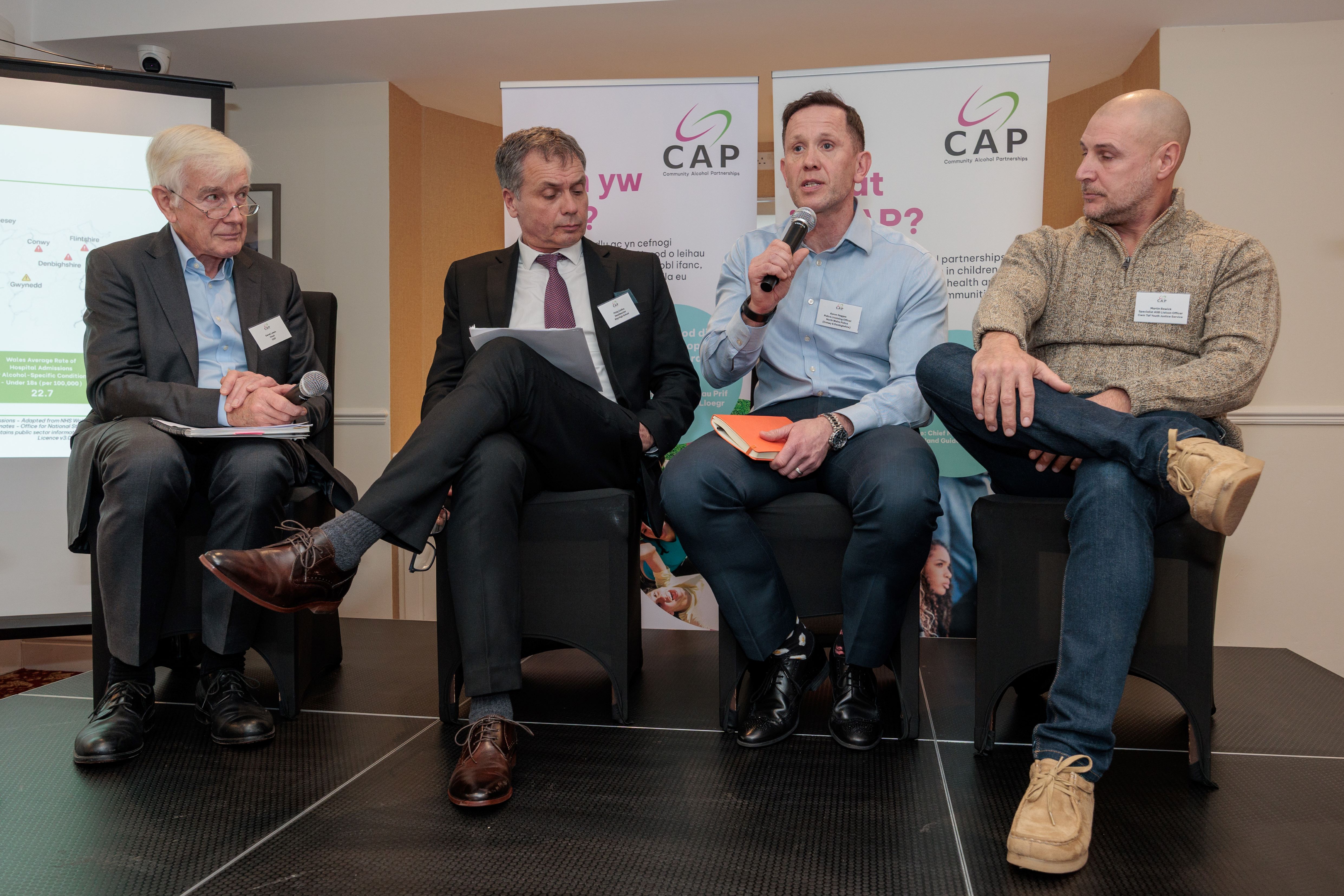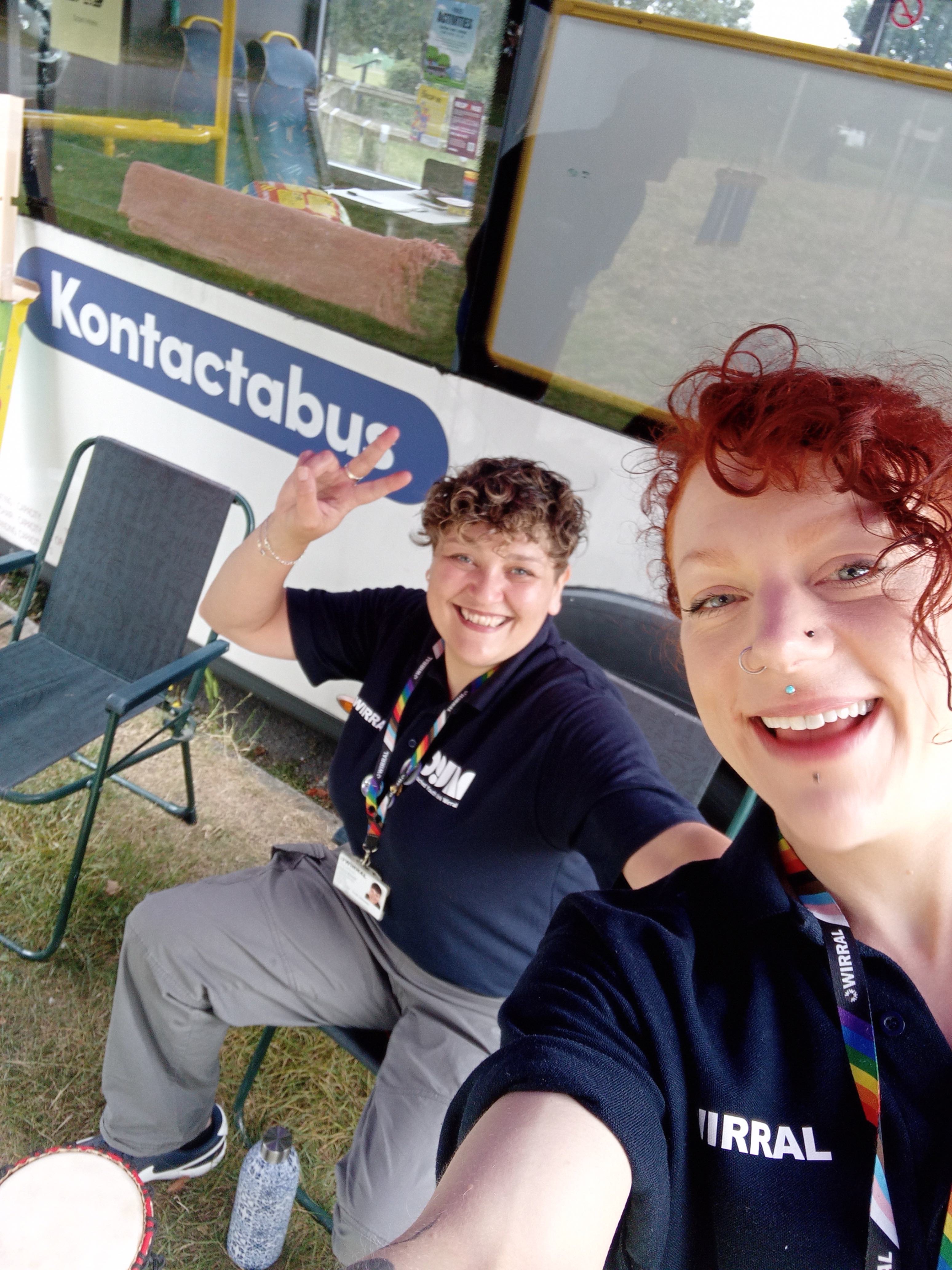In an ideal world, every night out would be filled with fun, laughter, and safety. However, reality often paints a different picture. Many people, particularly women, have experienced uncomfortable or potentially dangerous situations while out socialising. Recognising this, a ground breaking initiative named ‘Ask for Angela’ was launched to offer a discreet way for individuals to seek help when they feel unsafe. This blog delves into the origins, implementation, and impact of the ‘Ask for Angela’ campaign, highlighting its significance in promoting safety and well-being.
‘Ask for Angela’ was introduced in 2016 by the Lincolnshire County Council in the United Kingdom as part of its "No More" sexual violence and abuse campaign. The idea was to provide a covert phrase that individuals could use to alert staff in pubs, clubs, and other venues that they needed help. The phrase "Ask for Angela" is a subtle code word that signals to trained staff that the person feels threatened or uncomfortable and requires assistance.
The name "Angela" was chosen for its simplicity and ease of remembrance. The initiative was the brainchild of Hayley Child, who at the time was the Lincolnshire’s County Council's Sexual Violence and Abuse Strategy Coordinator, who aimed to create a practical tool for people to discreetly signal for help without escalating the situation. Co-incidentally, at the same time, I was discussing the creation of the early Community Alcohol Partnerships (CAP) in Lincolnshire and therefore knew about the initiative from the very start.
The process is straightforward:
- Recognition: Venues participating in the ‘Ask for Angela’ campaign display posters or signs in restrooms or other discreet locations, informing patrons about the initiative.
- Implementation: If someone feels unsafe, they can go to the bar or approach a member of staff and ‘Ask for Angela’.
- Response: The staff, trained to recognise this phrase, will then assist the person. This assistance can range from calling a taxi, reuniting them with friends, or discreetly removing them from a dangerous situation.
Since its inception, the ‘Ask for Angela’ initiative has gained significant traction. I have sought to incorporate it within all CAPs that I have helped to create but it has also been adopted by numerous venues across the UK and has spread internationally, reaching countries like Australia, Canada, and the United States. The widespread adoption highlights the universal need for such safety measures in nightlife settings.
‘Ask for Angela’ is more than just a campaign; it is a lifeline that has undoubtedly saved countless people from potentially harmful situations. Its simplicity, effectiveness, and the sense of security it provides make it a model for other safety initiatives worldwide. As we continue to strive for safer environments, especially in social settings, ‘Ask for Angela’ serves as a reminder of the power of community, awareness, and proactive measures in protecting and empowering individuals.
This year, the’ Ask for Angela’ organisation developed a website and a new set of free resources. These resources enable public houses, restaurants, supermarkets or indeed any other premise where large numbers of people gather, to easily incorporate the initiative into their working practices. I have also been given the honour of becoming an ‘Ask For Angela’ Ambassador.
By promoting and supporting initiatives like ‘Ask for Angela’, we can contribute to a culture where everyone feels safe and respected, ensuring that nights out remain enjoyable and free from fear.
For more information, please take a look at the ‘Ask for Angela’ website - https://askforangela.co.uk

.png)





